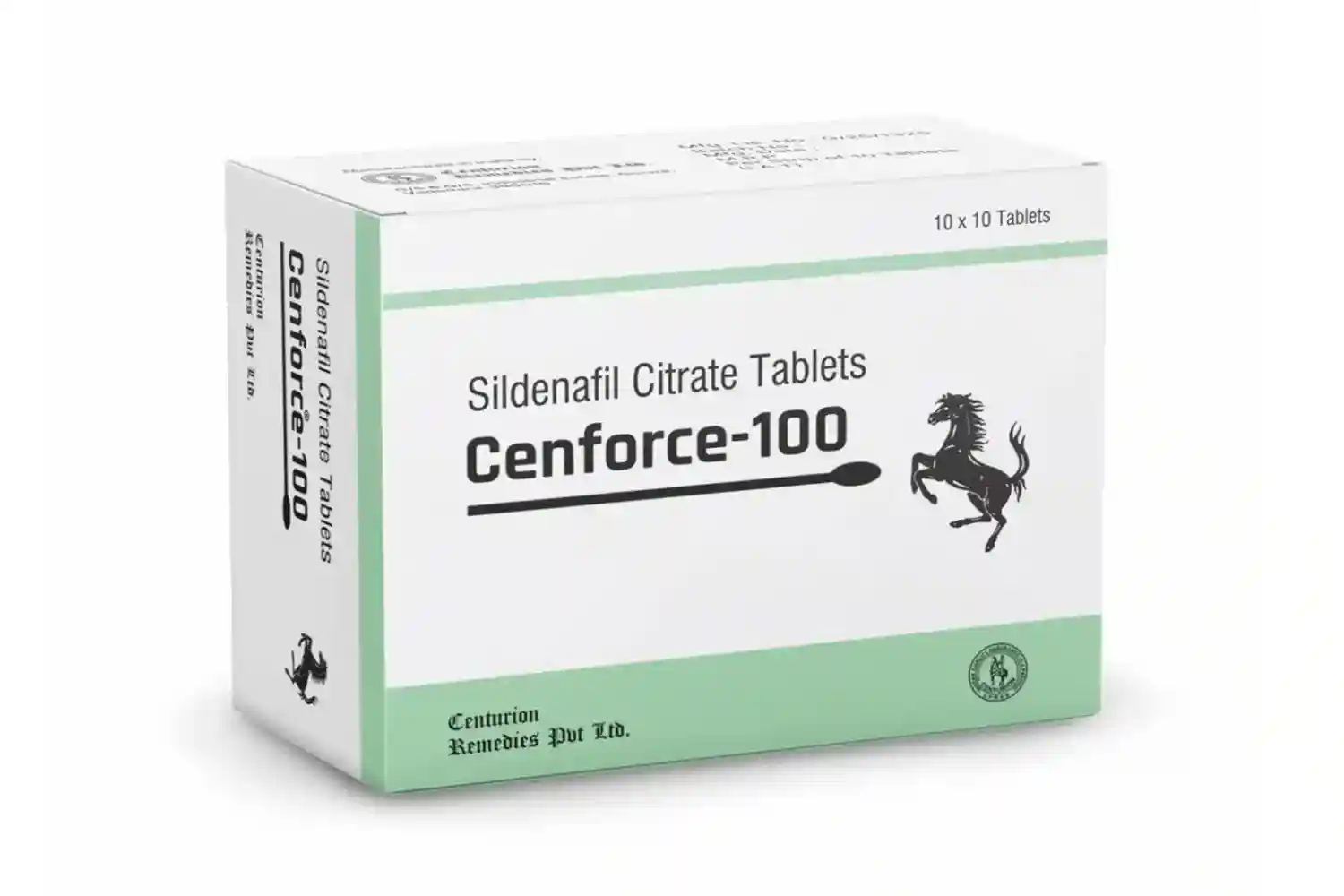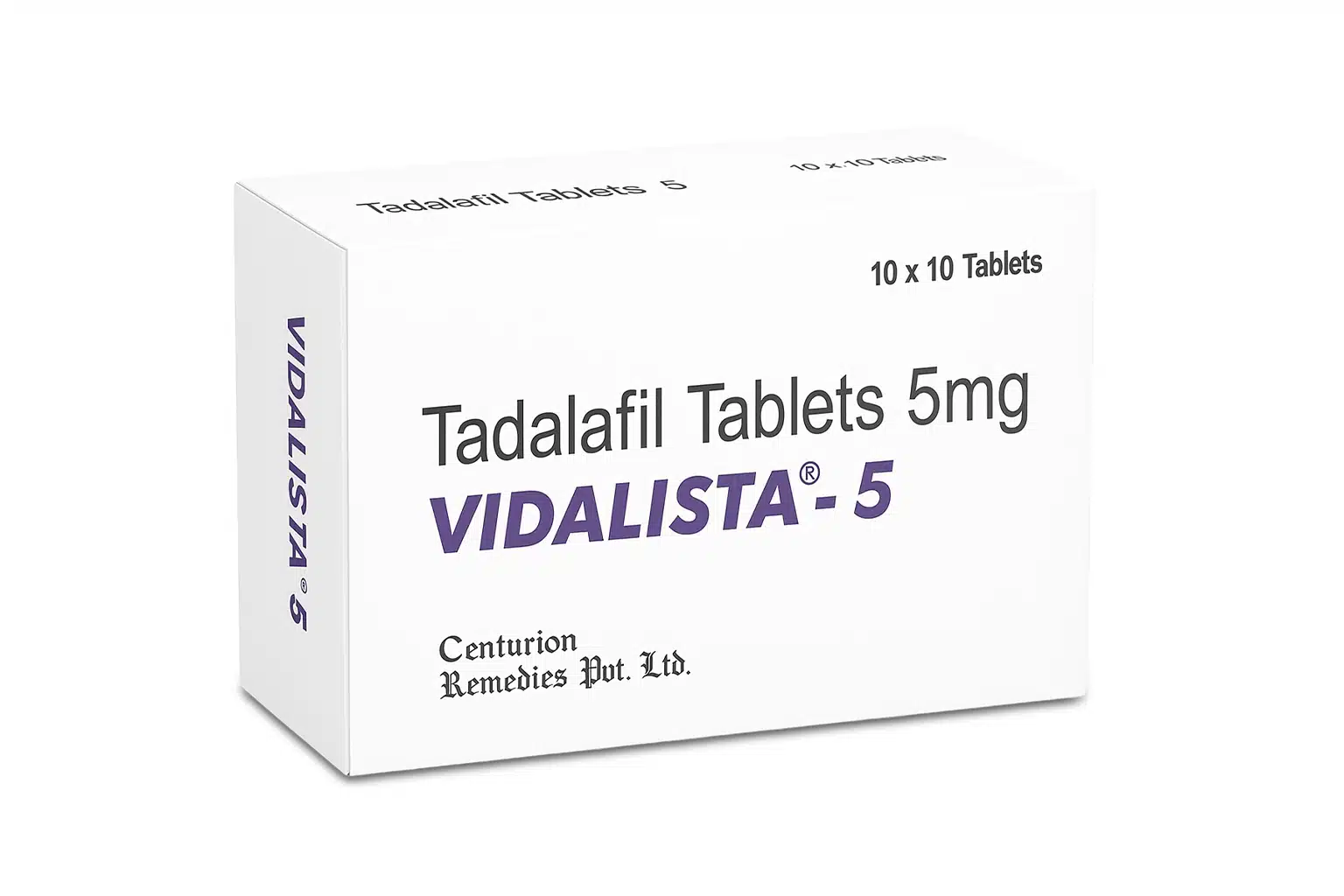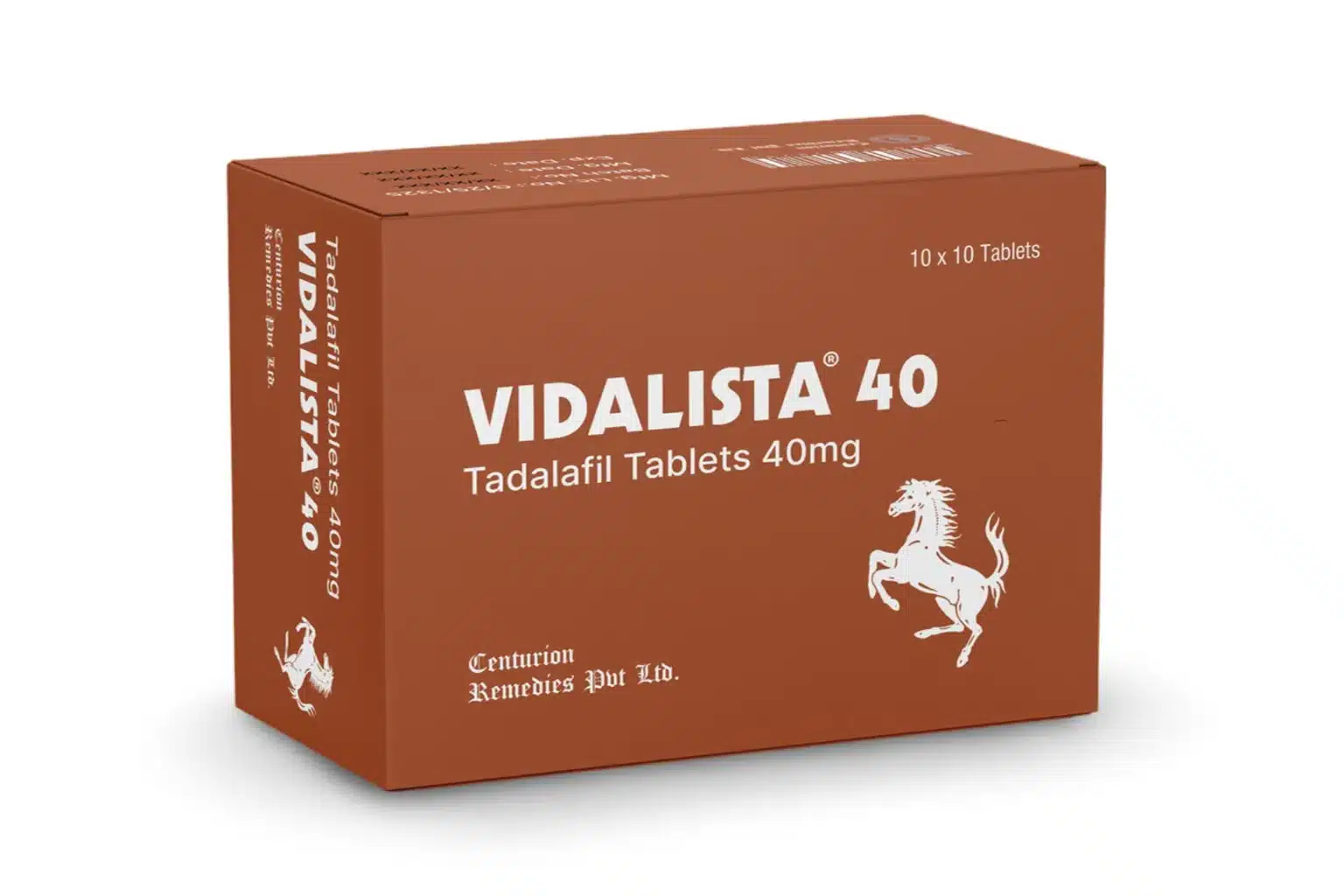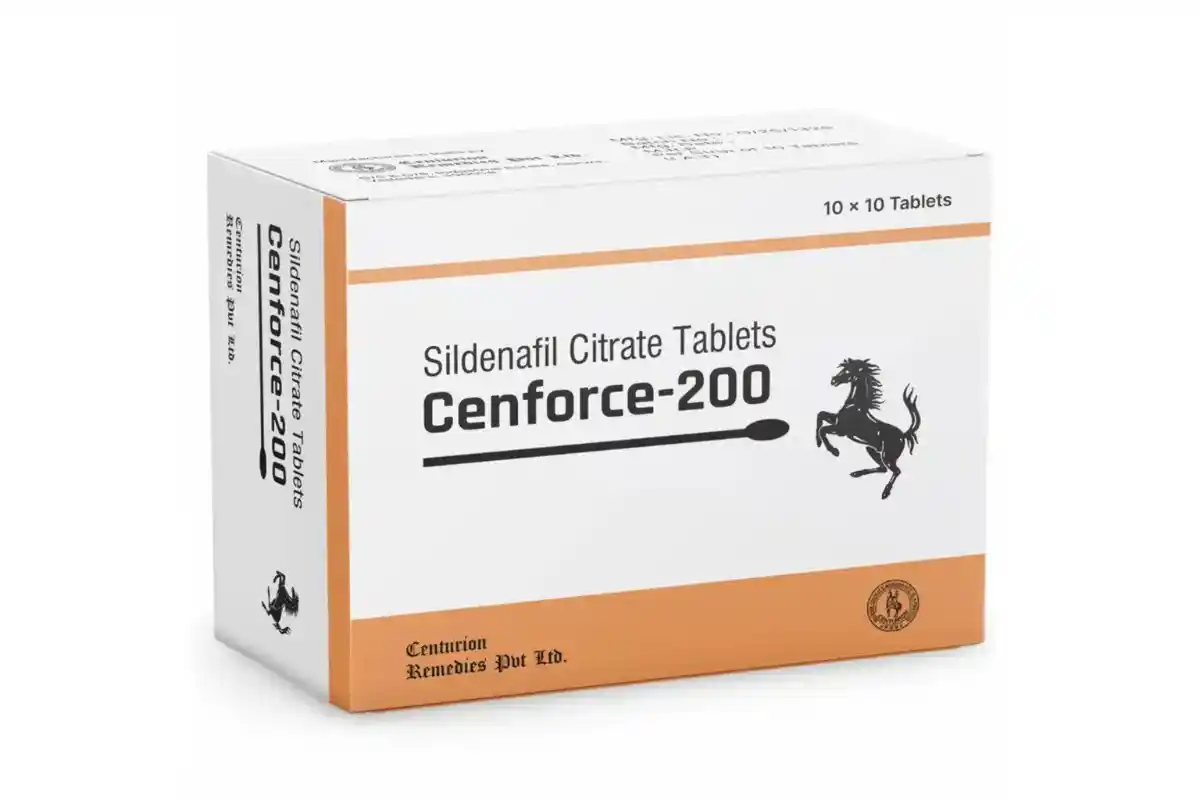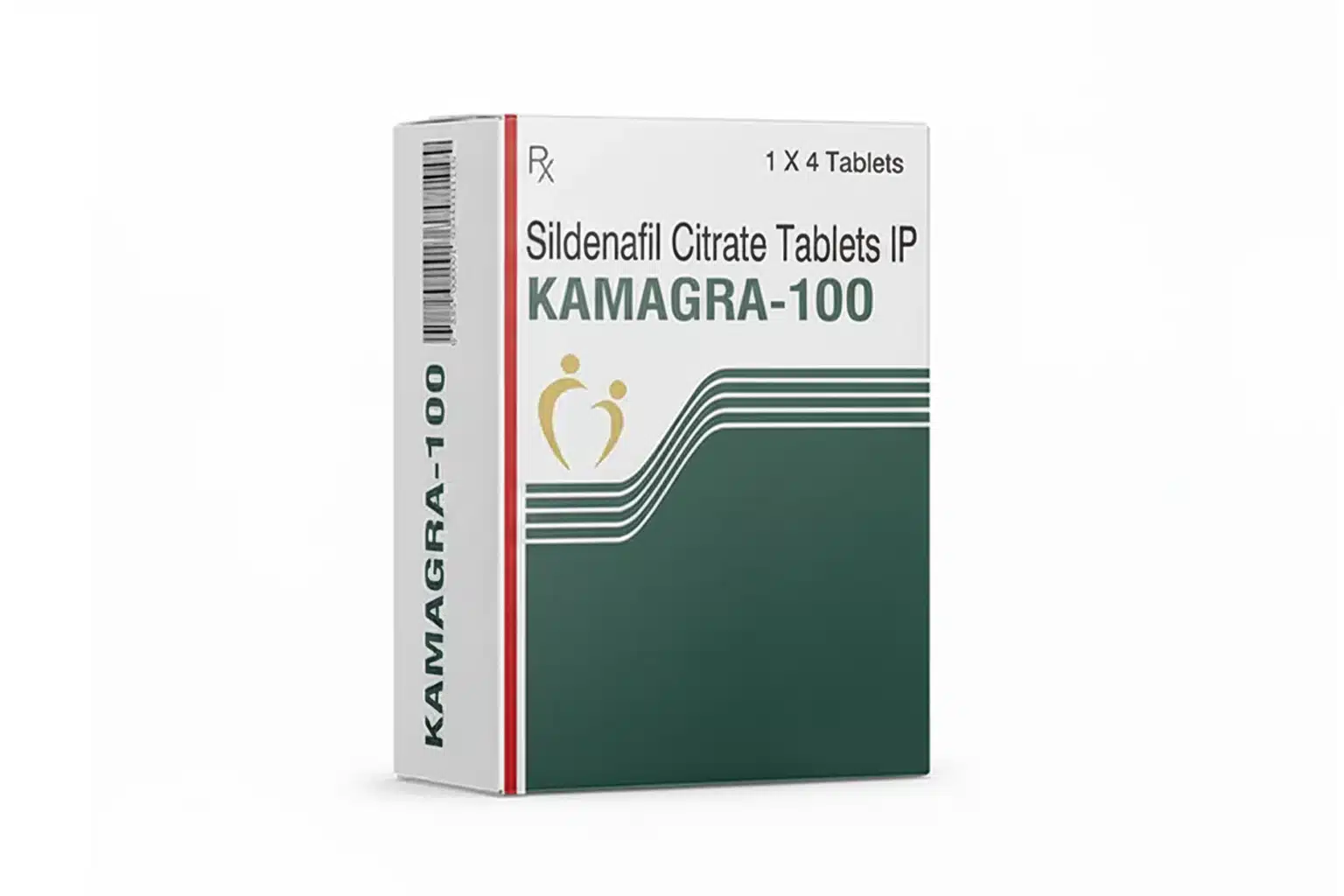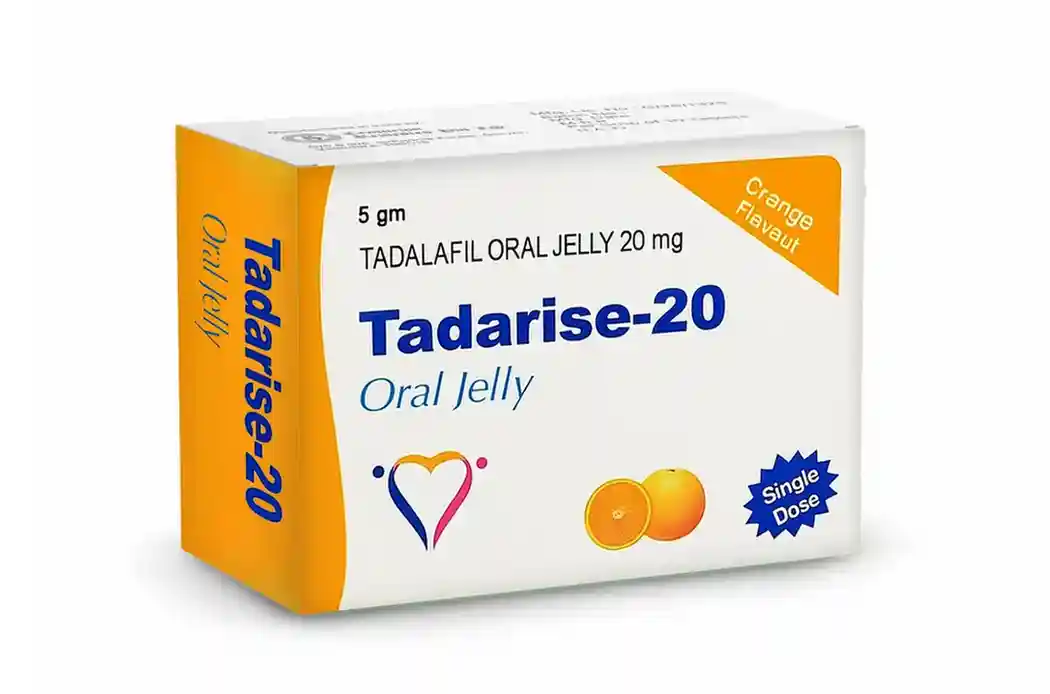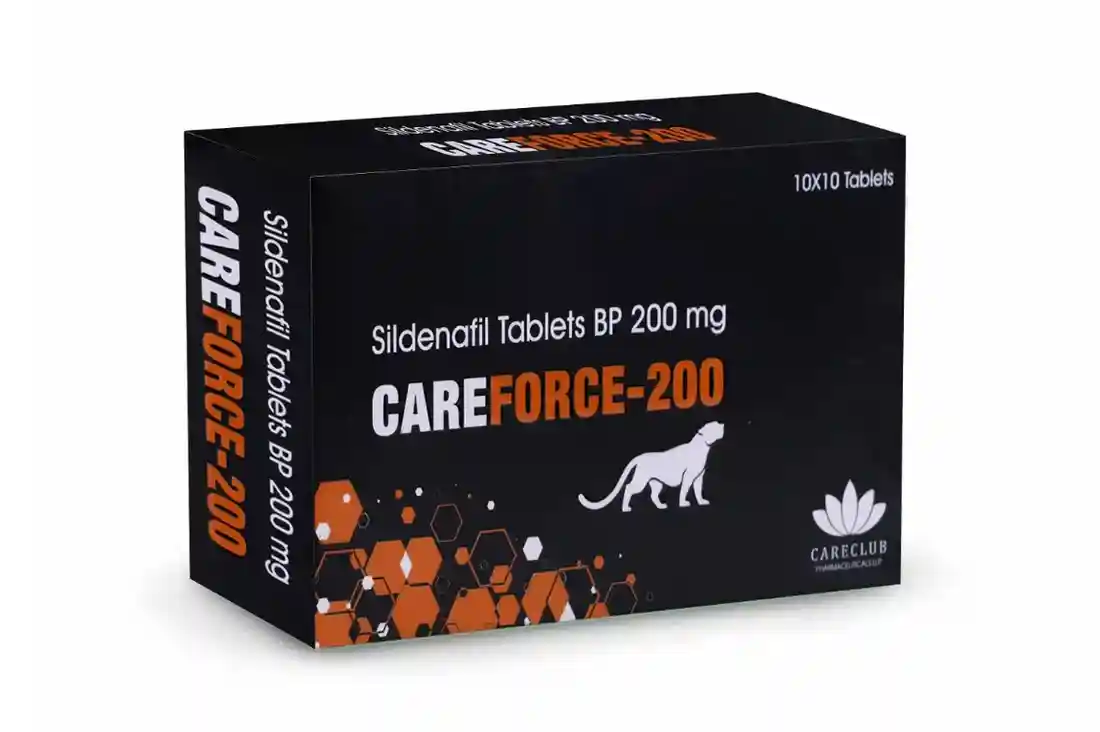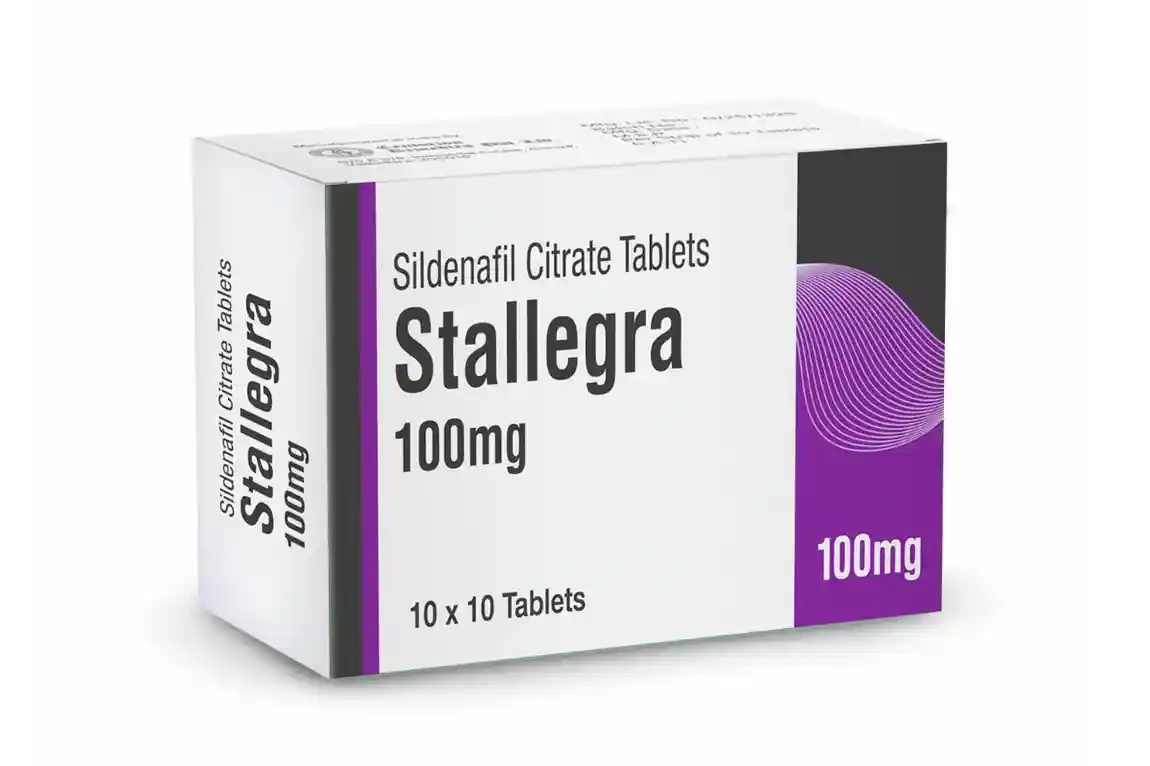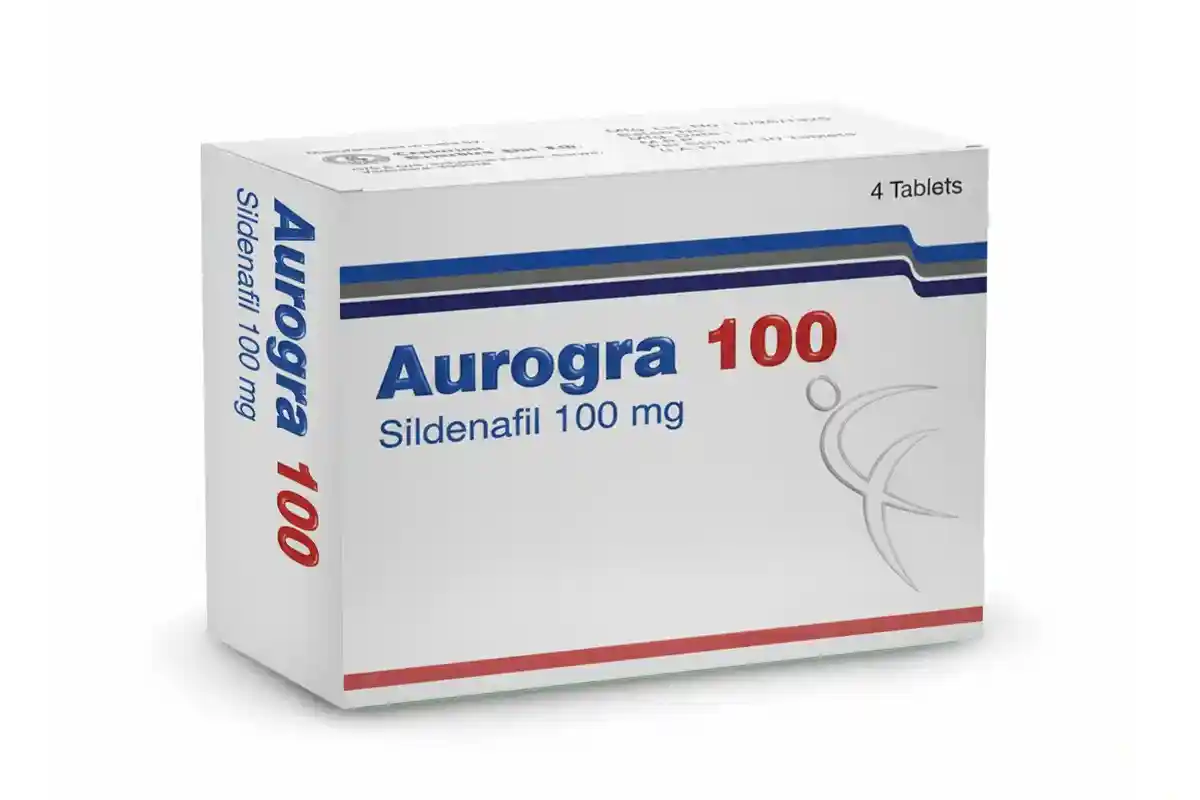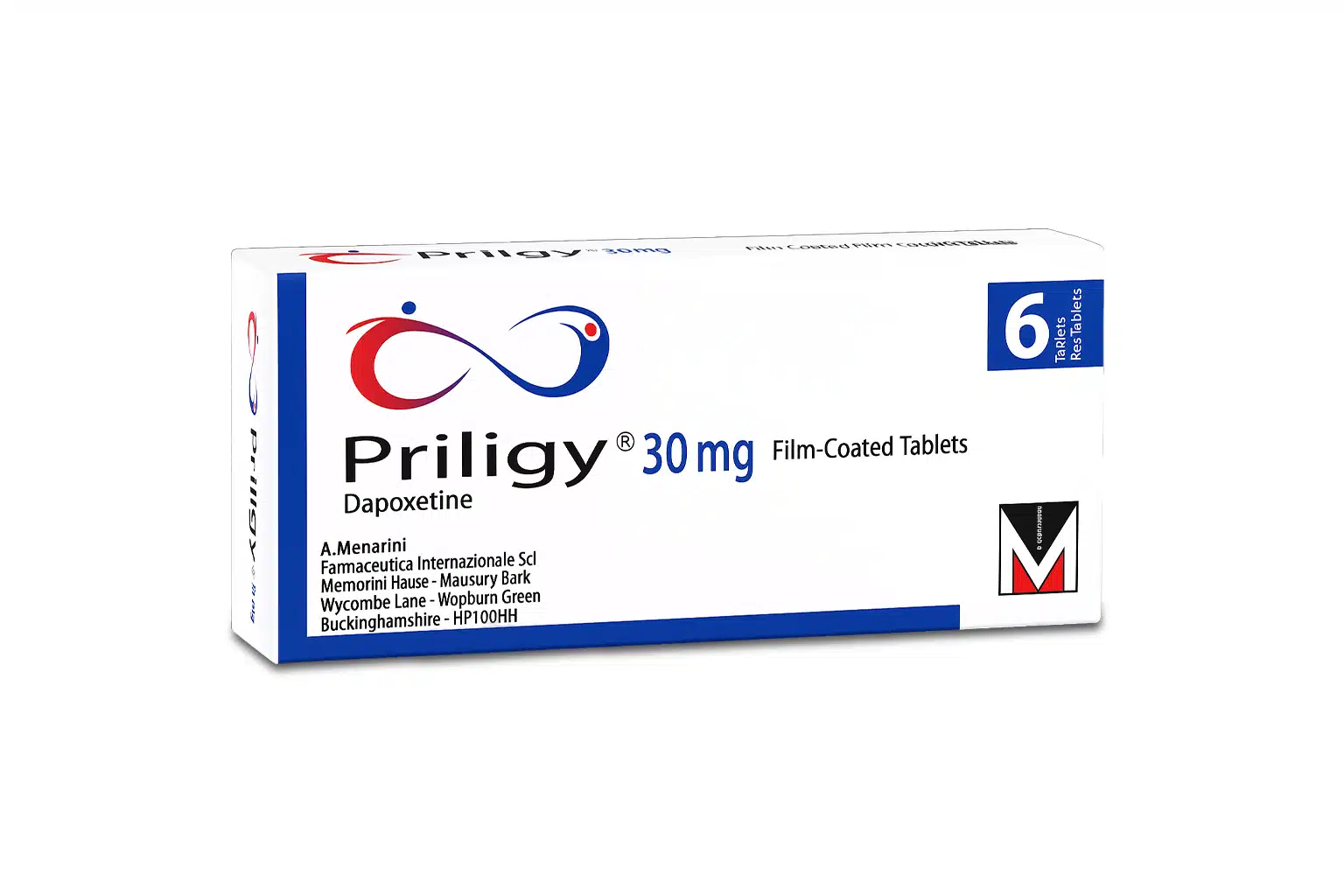Testosterone is not just a hormone it is a key player in everything from your mood and muscle mass to your sex drive. Often called the “male hormone,” testosterone actually kicks in during puberty and shapes a lot of what we associate with masculinity in general, which mainly includes deeper voice, body hair, and the ability to build muscle. But even beyond adolescence, it also continues to play a critical role, especially in your sexual health.
So when your testosterone levels drop, it can show up in various ways that you might not expect to, starting with your libido levels. Let us break down why testosterone matters, how to know if your levels are low, and also what you can do to feel like yourself once again.
Can Low Testosterone Really Affect Your Sex Drive?
Absolutely. One of the first signs of low testosterone is a noticeable dip in sexual desire. If you find yourself no longer interested in intimacy the way you used to be—or struggling to get or maintain an erection—low T could be a root cause.
Take Seth, for example. In the early years of his marriage, he and his wife Anna were always finding moments to connect physically and emotionally. But somewhere around year eight, Anna noticed Seth had started pulling away—not just in bed, but in their daily interactions too. He was moodier, tired all the time, and no longer open or affectionate.
Eventually, Seth visited his doctor. A simple blood test revealed his testosterone levels were well below the healthy range. Getting that answer was a relief—it gave him a starting point to reclaim his energy, mood, and sex life.
How Testosterone Impacts Sexual Function
Testosterone influences many systems in your body, but its role in sexual function is massive. In your brain, it works on a molecular level to spark sexual desire. Regions like the hypothalamus, amygdala, and prefrontal cortex are filled with androgen receptors—cells that respond to male hormones like testosterone.
When testosterone levels are healthy (typically between 300 and 1,000 ng/dL), these parts of your brain work together to create and maintain desire. But when levels fall, that whole system can slow down.
The brain is actually more sensitive to testosterone loss than the body. That means you’ll likely feel a loss of desire before other physical symptoms show up.
And when libido takes a hit, it often triggers a domino effect. Erections may become less frequent, orgasms might feel duller, and your confidence in the bedroom can take a serious blow.
Best Seller
-
Cenforce 100 Mg
Best Seller$24.00 – $215.00Price range: $24.00 through $215.00Rated 4.50 out of 5Shop Now This product has multiple variants. The options may be chosen on the product page -
Vidalista 5 Mg
best sellers$18.00 – $182.00Price range: $18.00 through $182.00Rated 4.00 out of 5Shop Now This product has multiple variants. The options may be chosen on the product page -
Vidalista 40 Mg
Best Seller$28.00 – $276.00Price range: $28.00 through $276.00Rated 4.00 out of 5Shop Now This product has multiple variants. The options may be chosen on the product page -
Cenforce 200 Mg
best sellers$31.00 – $335.00Price range: $31.00 through $335.00Rated 4.00 out of 5Shop Now This product has multiple variants. The options may be chosen on the product page -
Cenforce Fm
best sellers$33.00 – $218.00Price range: $33.00 through $218.00Rated 4.00 out of 5Shop Now This product has multiple variants. The options may be chosen on the product page -
Kamagra 100 mg
best sellers$24.00 – $125.00Price range: $24.00 through $125.00Rated 5.00 out of 5Shop Now This product has multiple variants. The options may be chosen on the product page -
Fildena 100 mg
best sellers$24.00 – $244.00Price range: $24.00 through $244.00Rated 4.00 out of 5Shop Now This product has multiple variants. The options may be chosen on the product page -
Malegra Oral Jelly 100 Mg
best sellers$8.00 – $44.00Price range: $8.00 through $44.00Rated 5.00 out of 5Shop Now This product has multiple variants. The options may be chosen on the product page -
Super Kamagra Oral Jelly
best sellers$25.00 – $120.00Price range: $25.00 through $120.00Rated 4.00 out of 5Shop Now This product has multiple variants. The options may be chosen on the product page -
Tadarise Oral Jelly
best sellers$19.00 – $72.00Price range: $19.00 through $72.00Rated 4.00 out of 5Shop Now This product has multiple variants. The options may be chosen on the product page -
Careforce 200 Mg
best sellers$29.00 – $332.00Price range: $29.00 through $332.00Rated 5.00 out of 5Shop Now This product has multiple variants. The options may be chosen on the product page -
Stallegra 100 Mg
best sellers$88.00 – $224.00Price range: $88.00 through $224.00Rated 5.00 out of 5Shop Now This product has multiple variants. The options may be chosen on the product page -
Exclusive
Aurogra 100 Mg
best sellers$29.00 – $76.00Price range: $29.00 through $76.00Rated 4.00 out of 5Shop Now This product has multiple variants. The options may be chosen on the product page -
Priligy 30 mg
best sellers$22.00 – $156.00Price range: $22.00 through $156.00Rated 4.50 out of 5Shop Now This product has multiple variants. The options may be chosen on the product page
Other Ways Low Testosterone Shows Up
Loss of libido is often just the beginning. If your testosterone is low, you might also notice:
- Constant fatigue
- Loss of muscle mass or strength
- Mood swings, irritability, or even mild depression
- Trouble concentrating or memory issues
- Increased belly fat
- Hot flashes
- Less spontaneous erections (like morning wood)
- Decreased bone density
- Testicular shrinkage
Sound familiar? These symptoms often sneak up slowly, which is why so many men chalk them up to “getting older.” But it doesn’t have to be that way.
What Causes Low Testosterone?
Low T, or hypogonadism, can come from a few sources—some rooted in the testicles (primary hypogonadism) and others related to signals from the brain (secondary hypogonadism).
Common causes of low testosterone include:
- Natural aging
- Obesity
- Chronic stress
- Pituitary gland disorders
- Genetic conditions like Klinefelter syndrome
- HIV/AIDS
- Long-term illness or infection
- Previous chemotherapy or radiation
- Certain medications
Your doctor can run a blood test to check your testosterone levels and determine if treatment is necessary.
Other Reasons Your Libido Might Be Low
Low testosterone isn’t the only reason your sex drive might dip. Psychological and lifestyle factors can also get in the way, such as:
- Anxiety and depression
- High stress levels
- Lack of sleep
- Relationship issues
- Recreational drug use
- High blood pressure or cholesterol
- Type 2 diabetes
- Certain medications (like antidepressants or opioids)
Even hormonal imbalances beyond testosterone—like elevated prolactin or estrogen—can interfere with sexual desire.
Can Testosterone Replacement Therapy Help?
Yes, for many men, testosterone replacement therapy (TRT) can be a game-changer. The goal is simple: restore testosterone levels to a healthy range and bring your sex drive, mood, and energy back online.
TRT options include:
- Gels or creams
- Injections
- Patches
- Pellets inserted under the skin
- Oral capsules
TRT has been shown in multiple studies to improve libido, sexual performance, and overall quality of life in men with low T. But like any treatment, it comes with potential side effects, including acne, mood swings, breast enlargement, sleep apnea, infertility, and more.
TRT Alternatives: Medications and Lifestyle Upgrades
Not everyone is ready to jump into hormone therapy—and that’s okay. Several alternatives can help you support testosterone production naturally or manage symptoms like erectile dysfunction in the meantime.
Some options include:
- Clomid (clomiphene citrate): Often prescribed off-label to stimulate natural testosterone production.
- Aromatase inhibitors: Such as anastrozole, which may lower estrogen levels to help increase testosterone.
- hCG injections: Mimic LH hormone to help the testes produce more testosterone.
- ED medications: Like Cenforce 120, a popular sildenafil-based tablet that helps improve blood flow and support stronger erections, especially when ED is caused by low T.
Note: Always speak to a healthcare provider before starting any medication or supplement.
Simple Lifestyle Tweaks That Make a Difference
You’d be surprised how much of an impact daily habits have on your hormones. The following steps won’t just help your testosterone levels—they’ll also improve your overall health:
- Exercise regularly (especially strength training)
- Eat a balanced, nutrient-dense diet
- Get 7–8 hours of quality sleep
- Limit alcohol and quit smoking
- Manage stress with mindfulness, hobbies, or therapy
- Maintain a healthy weight
In short, the better you care for your body, the more likely your hormones will work with you—not against you.
The Bottom Line: You’re Not Alone—And You Have Options
Low testosterone can feel like it’s stealing your drive, your confidence, and even your identity—but you don’t have to settle for feeling off. Whether it’s through testosterone therapy, alternatives like Cenforce 120, or small but powerful lifestyle changes, there are real ways to get back on track.
Talk to a healthcare provider. Get tested. And start taking steps to reclaim your energy, intimacy, and vitality.
Because when your hormones are in balance, life—and sex—can feel a whole lot better.
FAQs
1. Can low testosterone cause erectile dysfunction as well as low libido?
Yes. Testosterone plays a vital role in both sexual desire and the ability to get and maintain erections. While low libido is often the first symptom of low T, many men also experience erectile dysfunction (ED) as testosterone levels drop. Treatments like Cenforce 120 may help improve ED symptoms, even while you work on restoring hormone levels.
2. What are normal testosterone levels for men?
Normal total testosterone levels typically range between 300 to 1,000 ng/dL. Anything below 300 ng/dL may be considered low and warrant further evaluation, especially if accompanied by symptoms like fatigue, reduced sex drive, or ED.
3. Is Cenforce 120 a treatment for low testosterone?
Cenforce 120 is not a hormone therapy—it’s a phosphodiesterase-5 (PDE5) inhibitor, used to treat erectile dysfunction by increasing blood flow to the penis. While it won’t raise testosterone levels, it can help manage the sexual performance symptoms associated with low T.
4. How long does testosterone replacement therapy (TRT) take to work?
Some men begin to notice improvements in libido and energy levels within 3 to 6 weeks of starting TRT, while full effects may take up to 6 months. Sexual performance, mood, and body composition often improve gradually over time.
5. Can lifestyle changes alone increase testosterone levels?
In mild cases, yes. Improving sleep, managing stress, exercising regularly (especially resistance training), and maintaining a healthy weight can significantly support natural testosterone production. However, if you have clinical hypogonadism, medical treatment such as TRT or supportive medications may also be necessary.


